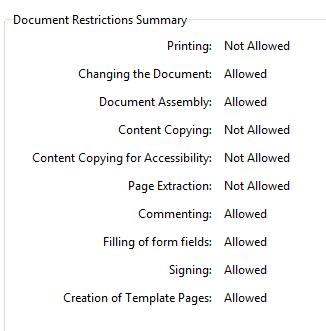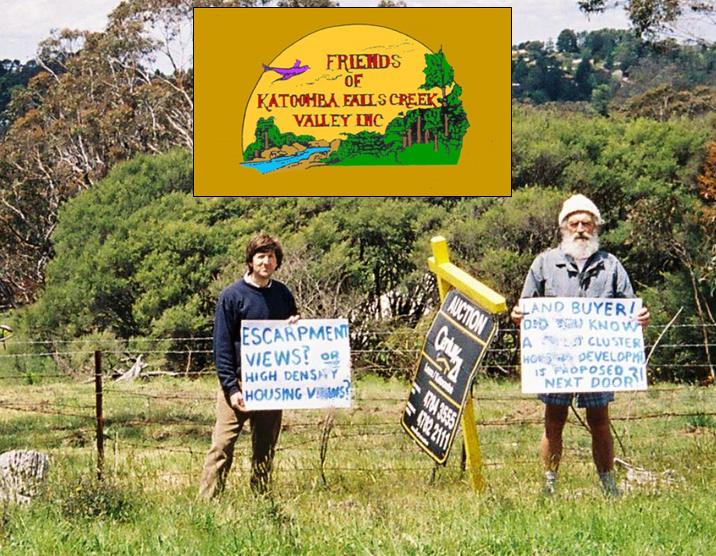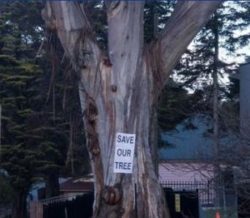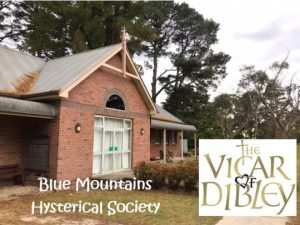Tasmanian Forests Statement of Principles
Thursday, December 22nd, 2011“In matters of principle, stand like a rock;
in matters of taste, swim with the current.”
.
~ Thomas Jefferson (1743-1826)..
.
TASMANIAN FORESTS STATEMENT OF PRINCIPLES TO
LEAD TO AN AGREEMENT
7th October 2010
[Signed by all ten Parties on 14th October 2010]
.
“To resolve the conflict over forests in Tasmania, protect native forests, and develop a strong sustainable timber industry.”
.
.
The Parties to these Principles:
.
- Timber Communities Australia Ltd (TCA)
- The Construction, Forestry, Mining and Energy Union (CFMEU)
- The National Association of Forestry (NAFI)
- The Forest Industries Association of Tasmania (FIAT)
- The Australian Forest Contractor’s Association (AFCA)
- The Tasmanian Forest Contractors Association (TFCA)
- Environment Tasmania Inc. (ET)
- The Wilderness Society (TWS)
- Australian Conservation Foundation (ACF)
- Tasmanian Country Sawmiller’s Foundation (TCSF)
.
Note: Ratio of 7 to 3
.
.
‘Objectives‘ of the Parties
.
‘The parties to the Principles seek from State (Tasmanian) and Federal governments:
.
- Support for an delivery of all principles in full
- Interim support for the development of a plan to deliver the Principles, including:
- Verification (1) of Resource Constraints
- High Conservation Value Boundaries
- Implementation of the Principles through an agreed, fully-funded package and timeline that maximises benefits and reduces negative impacts
- Immediate interim assistance for Tasmanian harvest, haulage and silvicultural contractors
- To determine with industry, a guaranteed sustainable quantity and quality of wood supply within 3 months that is outside of the identified high conservation value forests, for the period of negotiations, in order to provide certainty for the industry, workers and communities.
- A progressive implementation of a moratorium on the logging of high conservation value forests commencing within 30 days – ensuring that priority, (i.e. those in the most advanced stages of planning for harvesting) HCV coupes identified by ENGO’s (2) are the first to be addressed. The full moratorium is to be completed within 3 months. Any necessity for any proposed variation to this due to unavoidable planning constraints has to be independently verified.
- To provide exit assistance for industry where required; and
- Not to accept new entrants into the Tasmanian industry, nor enter into new contractual relationships with the state while the negotiations are underway unless by the mutual agreement of all parties (3).
- Accept that delivery of these Principles will require joint agreement of the parties to timelines and funding.
- To develop an agreed stakeholder-led implementation process with a finalised full agreement within 12 months.
.
– – – – – – – – – – – –
Notes:
.
(1) Draft verification process document under construction.
(2) ENGO’s in this document means those environmental non-government organisations who are parties to this document (i.e. ONLY Environment Tasmania, The Wilderness Society, and the Australian Conservation Foundation)
(3) No party shall be required to accept a Principle which would otherwise apply to it where to do so would cause a breach of an existing contract or statutory obligation.
.
.
The Principles
.
The parties agree to the following:
.
General Wood Supply
Provide a sustainable resource supply profile to industry based on an agreed minimum quantity and quality requirement for industry. This will be underpinned by legislation.
.
Native Forest Wood Supply
Subject to the provisions of the transition, as legislated Native Forest entitlements are handed back, ensure these entitlements will not be allocated nor licensed to new players.
.
HCV Forests
Immediately protect, maintain and enhance High Conservation Value Forests identified by ENGO’s on public land.
.
Transition
Transition the commodity (non specialty) forest industry out of public native forests into suitable plantations through a negotiated plan and timeline.
.
Industry
Create a strong sustainable timber industry including the development of a range of plantation based timber processing facilities including a pulp mill. There will need to be stakeholder consultation and engagement with the proponent, ENGO’s and the community.
.
Specialty Timbers
Provide for ongoing speciality timber supply including Eucalypt for our Tasmanian high value furniture and craft industries through a negotiated plan and timeline.
.
Plantations
Support sustainable and socially acceptable plantations including agreed reforms and new agro-forestry outcomes, including pursuing certification.
.
Private Forests
Encourage and support, but not mandate, private forest owners to: seek assistance for certification; and protect, maintain and enhance high conservation value forests on their properties.
.
Communities Impacted
Support impacted rural and regional communities, workers, contractors and businesses, through a range of economic development, financial assistance, compensation and retraining measures.
.
Community Engagement
Engage and involve the broad Tasmanian community in the development and implementation of a durable solution to the Tasmanian forest conflict.
.
Tourism
Develop Tasmania’s nature based tourism industry in line with these Principles.
.
Planning
Develop a fully funded, independent, scientifically led landscape conservation, restoration and integrated catchment management program, and associated governance and regulatory improvements.
.
Government
Reform and support government agencies, policies and legislation as necessary for the implementation of an agreement associated with these Principles.
.
Climate Change
Seek funding for improving carbon outcomes as a result of delivering these Principles.
.
Biomass
In Tasmania, only permit plantation forest processing and plantation harvesting residues to be used as biomass for Renewable Energy Certificates.
.
Certification
Encourage Forestry Tasmania to firstly obtain Controlled Wood accreditation on delivery of the moratorium, secondly, obtain full FSC certification on resolution of an FSC National Standard and once an agreement based on these Principles has been finalised.
.
Durability
Undertake to ensure all elements of this agreement are fulfilled on a durable basis.
.
Legislation
Require State and Federal legislation to implement agreed outcomes arising from these Principles including appropriate review mechanisms, milestones and sanctions.
.
.
Editor’s Comment:
.
The above Statement of Principles was reproduced manually due to restricted access of the official PDF document as provided on the Tasmanian Premier’s official website. The security lock down denied printing and copying.
But then as Tasmanian Labor Premier Lara Giddings studied Law, perhaps there was a legal reason for her deliberate restriction of the details to the Tasmanian public.
.
This is the Tasmanian Premier’s restricted document:
.
>Tasmanian Forests Statement of Principles (2011)
.









